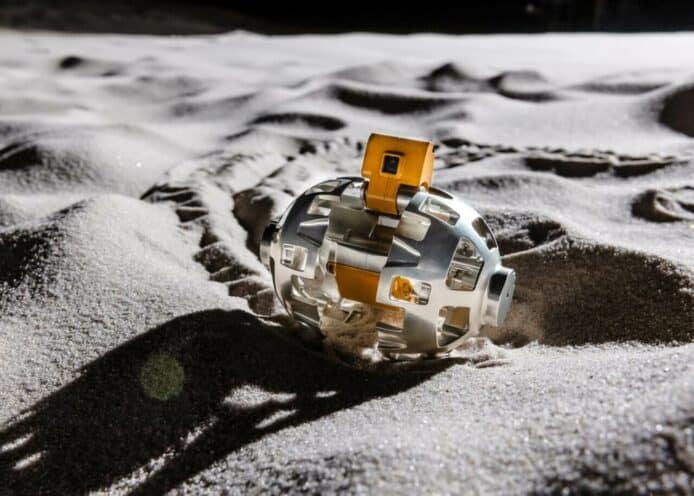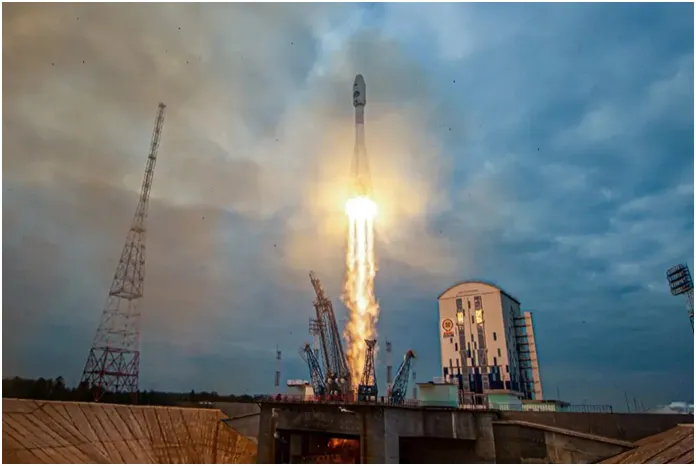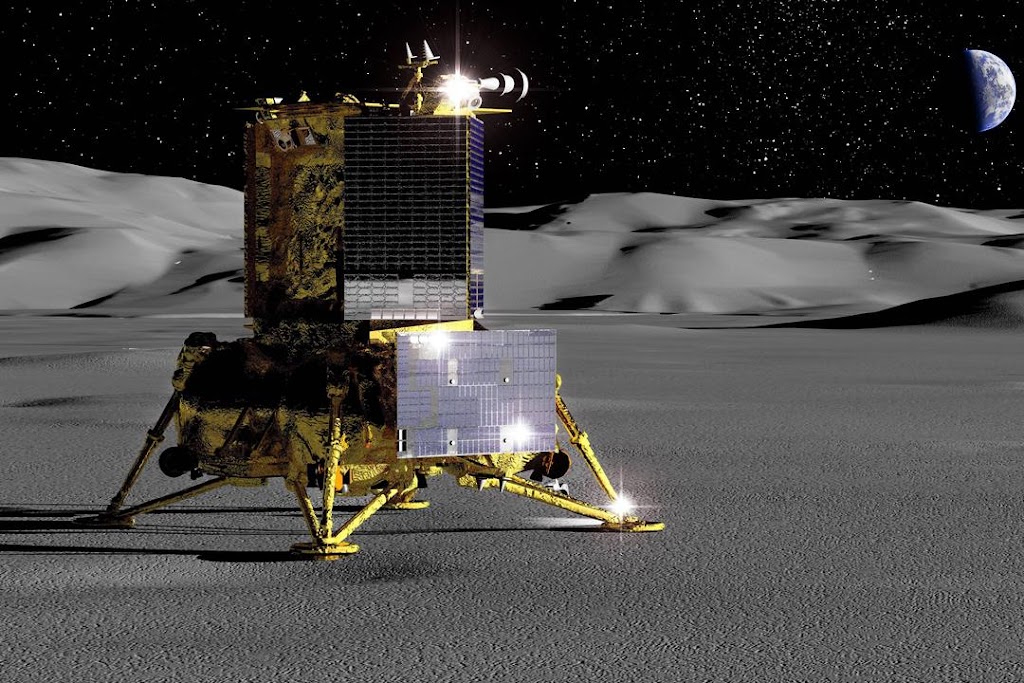The Earth Is Rotating Faster, Causing Concern Among Scientists

New measurements by the UK’s National Physics Laboratory have shown that the Earth is now rotating faster than it was half a century ago. The scientists warn that, if the rotational speed increases further, we may need to remove 1 second from the atomic clock.
Our solar system formed about 4.6 billion years ago when a dense cloud of interstellar gas and dust exploded and began to rotate. Thanks to angular momentum (the tendency of a rotating object to keep spinning until something actively tries to stop it), our planet has continued to rotate. However, it does not always rotate at the same speed.
Hundreds of millions of years ago, the Earth made about 420 revolutions as it orbited the Sun. After that, the number of days gets longer, partly because the moon’s attraction to the oceans on Earth slows down our planet a bit but stabilizes about 24 hours for a full rotation, or about 365. such a rotation for each trip around the Sun.
In the 1950s, scientists developed atomic clocks, which keep time based on how electrons in a cesium atom transition from a high-energy state to a normal state. Hence the cycles of this clock are produced by constant atomic behavior.
However, scientists observe that the Earth’s rotation is becoming erratic and has slight fluctuations. Thus, in 1972, scientists periodically added leap seconds to atomic clocks to keep to a minimum the divergence between atomic clock time and astronomically measured time.
In the past decade or so, a strange phenomenon that scientists cannot explain has occurred. Instead of continuing to slow down as it has for millions of years, the Earth is starting to accelerate. As of 2016, no leap seconds are needed.
“This shortfall in demand for leap seconds was not anticipated ,” said Judah Levine, a physicist at the US National Institute of Standards and Technology. In fact, the assumption is that the Earth will continue to slow down and leap seconds will continue to be needed. So this effect, this result is very surprising.”
Scientists warn that, if this rate of acceleration continues, we may have to remove 1 second from the atomic clock (adding a leap second) to bring it back to equilibrium with the Earth. soil. However, this could lead to worrying problems for industries ranging from telecommunications and navigation systems to financial markets.
Therefore, according to Levine, adding 1 negative leap second may not be worth the trouble it causes.





